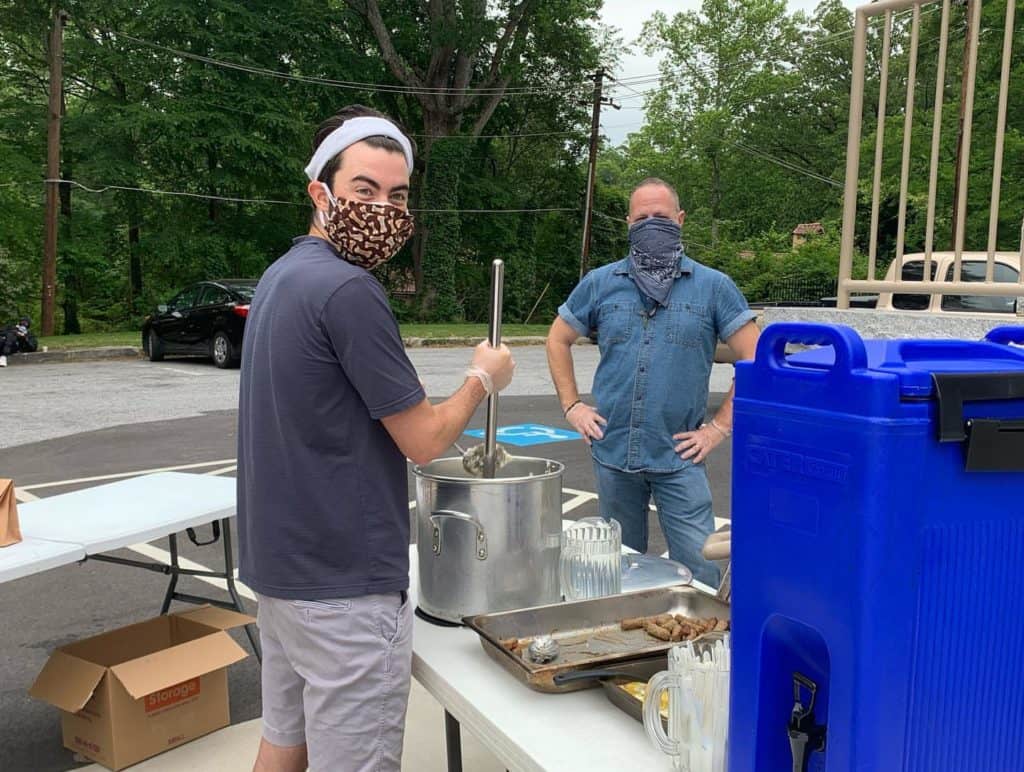Author: Chad Hyatt
Mark 13:24-37
Reflection: v. 24, ‘In those days, after the suffering of that time…’
The crises that could make us more compassionate, more in tune with the suffering of our neighbors, can also make us more afraid, pushing away others whom we judge to be not like us—and therefore a threat to our sense of security.
In a time of economic dislocation, we could rally around our neighbors and share our bread with the hungry. Something Jesus strongly suggests we should always be doing. Or we could lock our doors—and call the cops on statures of the Homeless Christ in church parking lots (yes, that’s a real thing).
Loving our neighbors requires overcoming our fears. Loving our neighbors isn’t a job we can outsource to others or shift to those we deem professionals, however well-trained they might be. Loving our neighbors—tangibly, concretely, face-to-face—is the sacred responsibility of each one of us.
The works of mercy—sharing food with the hungry, clothing with the naked, welcome for the stranger—is how we love our neighbors, especially those of us who are suffering and vulnerable.
And it is also how we can answer the Advent call to repent. As we turn toward one another in compassion and empathy, we can turn our communities away from brokenness and bitterness toward wholeness and belovedness. But we must do the turning. The crises we face provide an opportunity, but only we can choose how we respond.
Let us turn toward our neighbors who are suffering instead of turning them away. In so doing, we will embrace our own suffering and pain. Only then can we all be healed and find new life. This is the gracious promise of Advent.
Prayer God of compassion, you who stand with us in our suffering, turn our hearts from fear to love—and lead us to stand with all who suffer.

